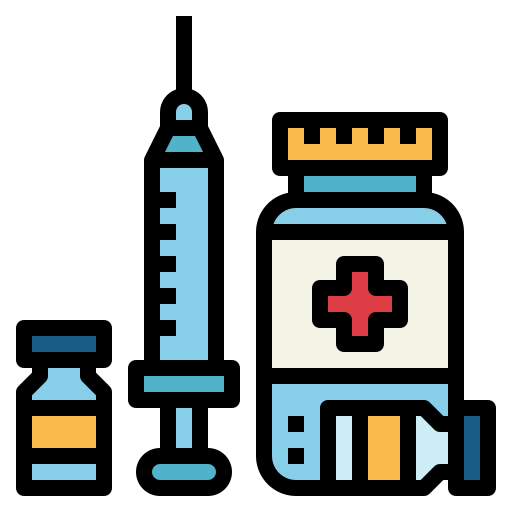Depression is a common mood disorder. It is characterised by low mood in association with a wide range of emotional, cognitive, physical, and behavioural symptoms. Symptoms of depression may vary in frequency and intensity. The severity of a depressive episode is determined not only by the symptoms experienced, but also by their duration and their impact on function. Newer diagnostic criteria, as recommended by NICE, consider two severity categories: less severe (equating to a PHQ-9 score of less than 16) and more severe (PHQ-9 score of greater than or equal to 16).
Antidepressant medication should not be considered as first-line treatment for less severe depression, unless that is the patient’s preference. Antidepressant medication should be offered along with CBT for more severe depression, where this is practicable. If practicable and acceptable to the patient, CBT or behavioural activation should be considered prior to prescription of antidepressant medication alone
Depression has many associated risks, including the risk of suicide. Any assessment of depression should always include a suicide risk assessment.
Treatment of depressive symptoms of bipolar affective disorder should be as an adjunct to mood stabilisers. Tricyclics and MAOIs should be avoided.
Duration of Treatment:
For a first episode of depression, treatment should be maintained for at least 6 to 9 months after resolution of symptoms.
For patients with 2 or more episodes, treatment should be maintained for at least 2 years, and reviewed at six-monthly intervals thereafter.
Useful links:
The Antidepressant Quality Prescribing Guide developed by the Scottish Government Effective Prescribing & Therapeutics Division provides information to support clinicians in the appropriate prescribing of antidepressants. This includes advice on reducing and stopping antidepressants.
NICE Guideline [NG222]: Depression in adults: treatment and management
NHS Choice and Medication: Depression
Advice on switching antidepressants
Well Connected Programme
Lanarkshire's social prescribing programme. Well Connected makes it easy for people to take part in and benefit from activities and services that we know can improve well-being, including anxiety management.
